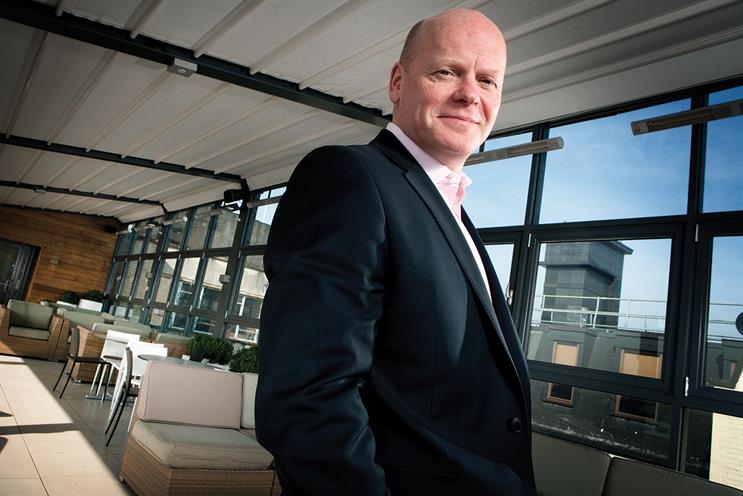
The best way to understand the pecking order of media owners in the mind of an ad buyer is to imagine them each occupying seats on a minibus, according to Mike Gordon, the chief commercial officer at Global.
The biggest media owners – Google, ITV, Channel 4, Sky and Facebook – take up five seats. That leaves another five for others such as Global. And anyone who doesn’t get a seat risks being dropped from the media plan.
Gordon explains: "Every client I talk to, they say: ‘The media owner world is so big and so vast now that I want to have fewer, deeper relationships, so I need to understand how I can work with people as a true partner.’"
As a result, Gordon’s team has spent the past six months surveying agencies and advertisers to work out the answer to an urgent question. As he puts it: "If the client or the agency has a finite number of preferred partners, how do we ensure we are one of those partners?
"Success is not if we say why we should be on the bus. It’s if an agency says to a client: ‘Global should be one of your preferred partners. Why? Because they add value.’"
All this has prompted Global to embark on a roadshow – visiting about 20 media agencies – to promote itself. A key finding from its research was that it needed to do a better job of explaining what it stands for – and what it does not – as it has broadened its offering since the Tabor family took ownership in 2008.
The group stages 140 live events and festivals a year, is active in mobile and social, and is expanding in digital sales through its audio ad exchange, Dax.
What links the various strands of the business is "we have deep, intimate, emotional engagement with our audiences on our platforms", Gordon says – from its radio stations to the Capital Summertime Ball at Wembley Stadium to its YouTubers platform, We The Unicorns.
Dax, launched in 2014, is arguably the most significant development because it taps into the fast-growing digital audio and streaming market by selling ads on an automated and programmatic basis. It has scale and industry-wide support, with inventory from about 180 radio stations and audio platforms, including from rival groups such as Bauer Media. Rather than just boosting Global, Gordon insists: "Our passion is about growing the audio category."
And Dax is taking Global global. This week, Dax signed up SoundCloud, the second-biggest music-streaming site in the world, across Europe. It means Dax now has an audience of 60 million. Spotify would seem another obvious target, since it was briefly involved after Dax’s launch, but Gordon won’t discuss that.
But he will say that Dax is on course to treble revenues this year, without offering numbers. Observers reckon it should hit £10 million.
Gordon doesn’t see Dax taking away revenues from the "healthy" radio spot market, which is set to pass £400 million this year, according to Group M. Rather, Dax taps the market via internet-connected devices – distinct from FM radio or the digital platform DAB.
Digital audio is an intimate form of consumption, Gordon argues, citing in-house research that shows 65 per cent of people listening through Dax use headphones and there is a 40 per cent increase in ad engagement.
Gordon is bullish, saying Global has already proved it is a "preferred partner" to brands, citing Sky’s sponsorship of Heart’s breakfast show, Vodafone’s support for the top 40 chart and Coca-Cola’s backing for the Capital Jingle Bell Ball. But he stresses: "We never bypass agencies. Every client I’ve talked about, the agency is involved."
Global knows it needs friends in agency land to keep its seat on the bus.


